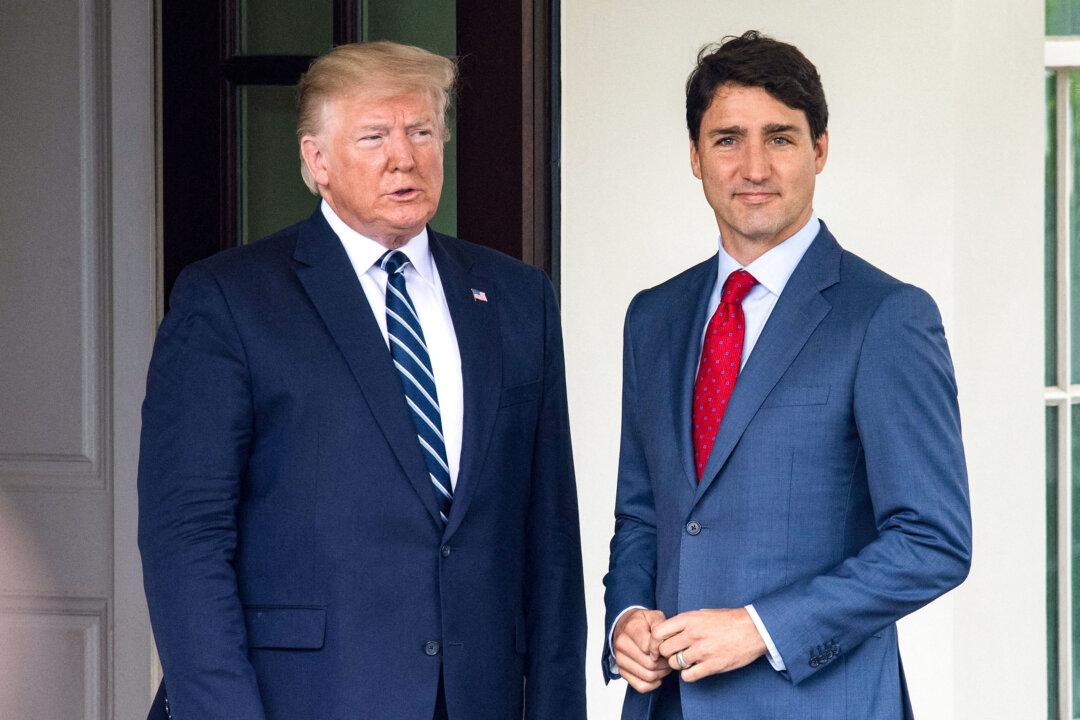U.S. President Donald Trump has agreed to pause tariffs on Canada for 30 days after talking with Canadian Prime Minister Justin Trudeau in the afternoon of Feb. 3.
The agreement between the two leaders entails Canada appointing a “fentanyl czar” and designating drug cartels as terrorist organizations, as well as committing C$200 million (US$139 million) for intelligence operations to combat fentanyl.






